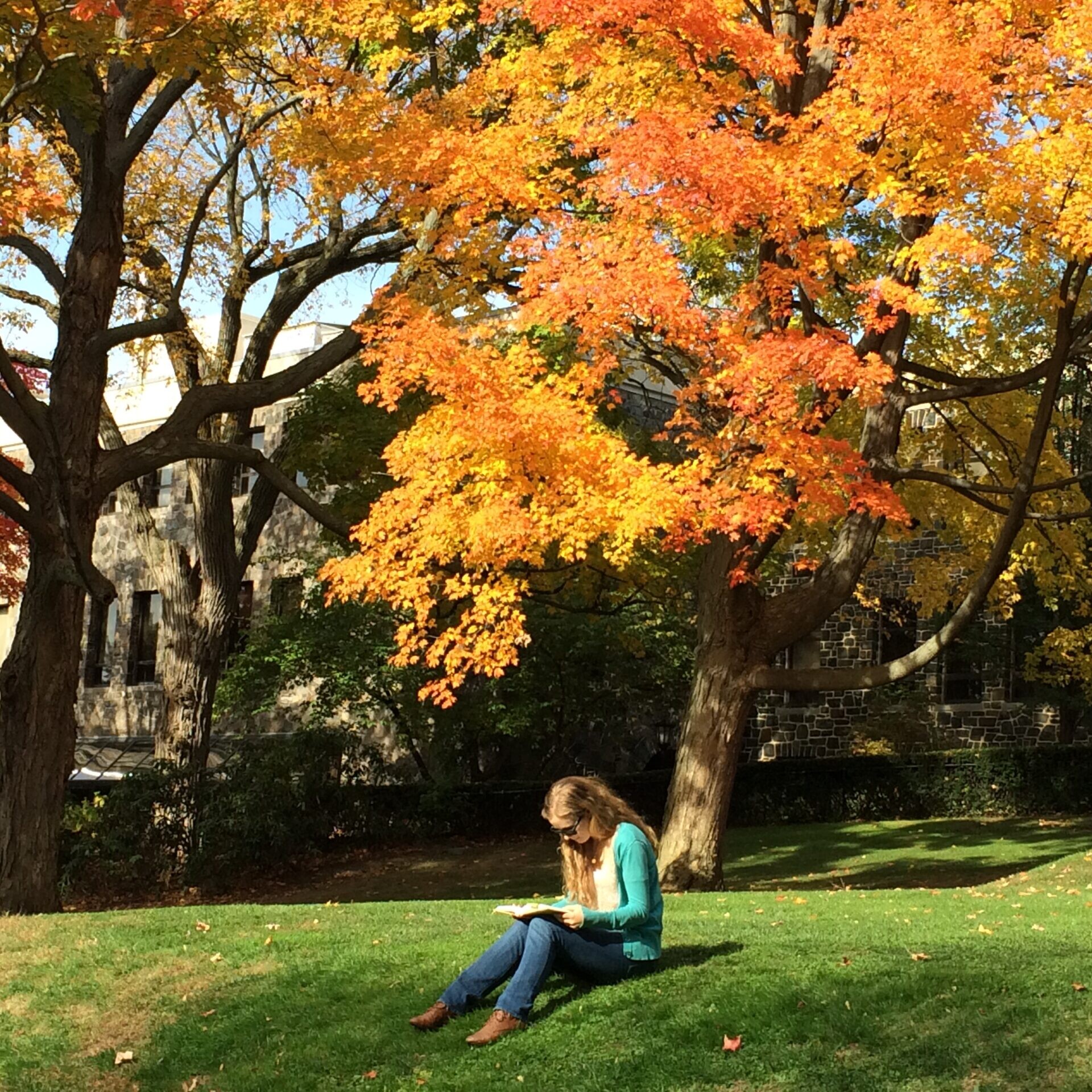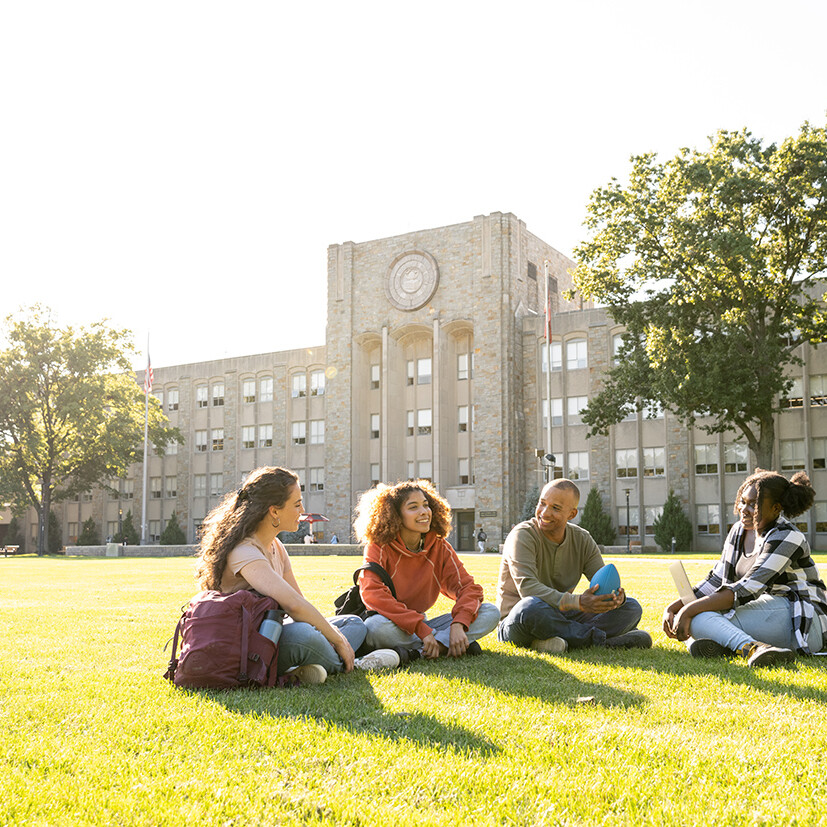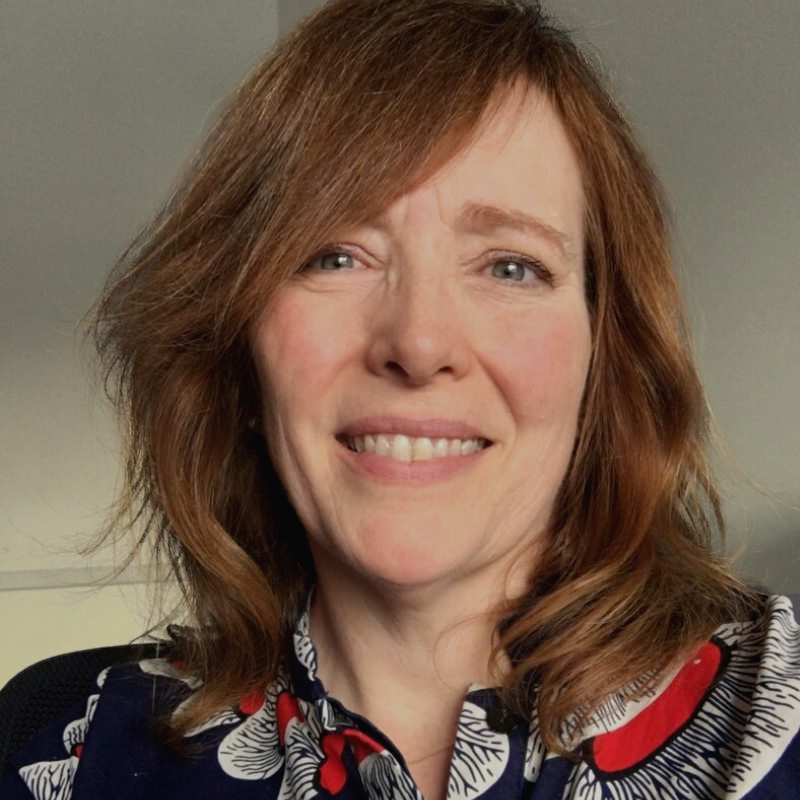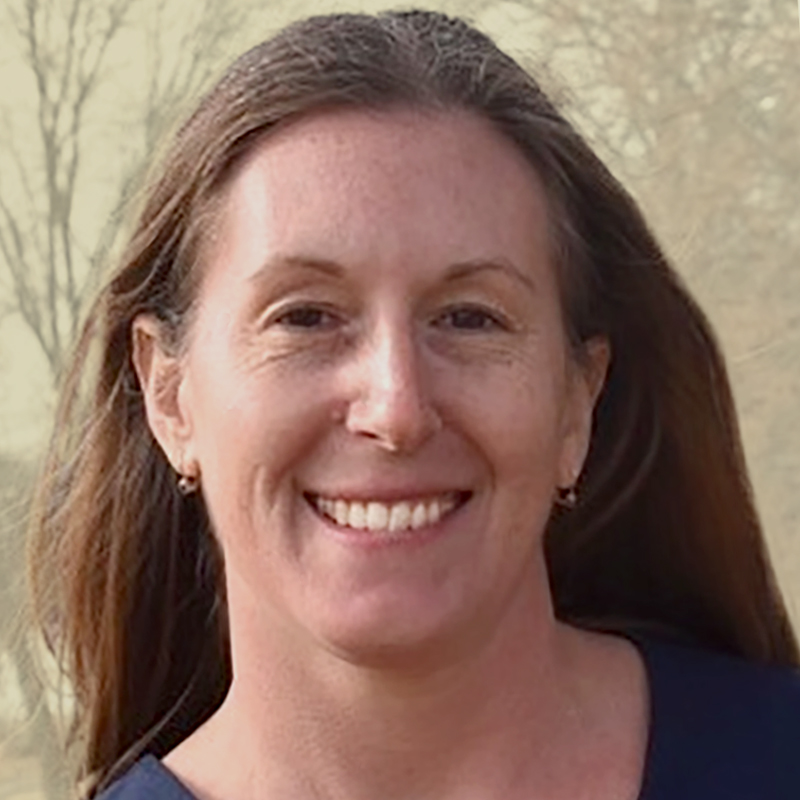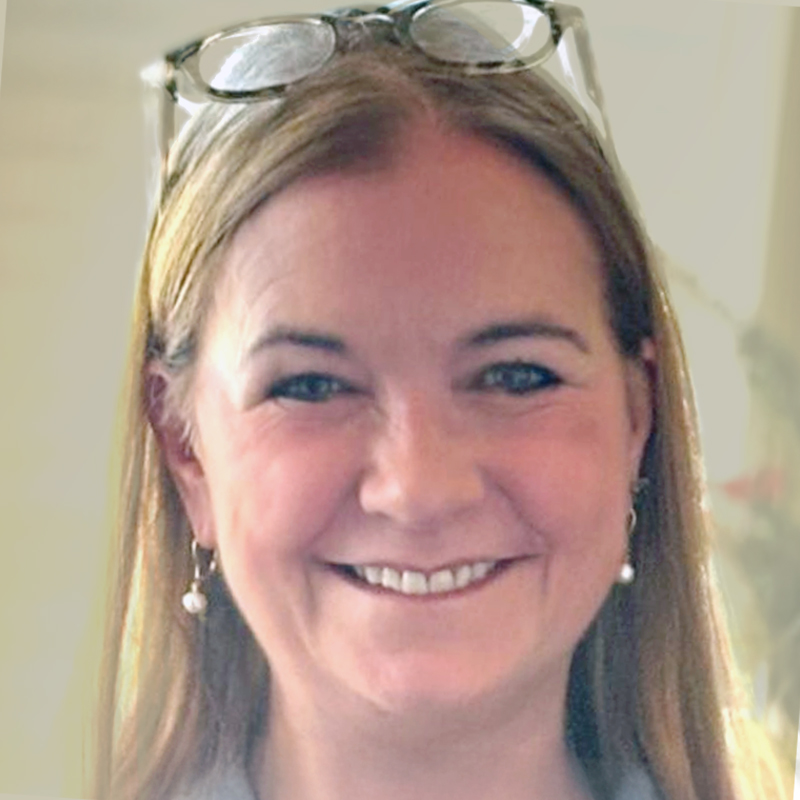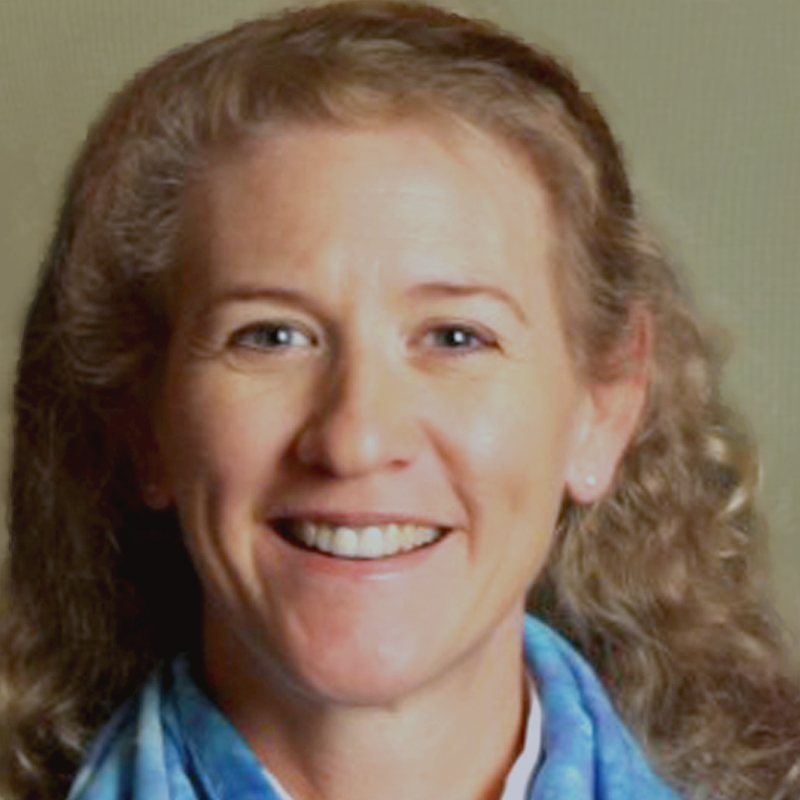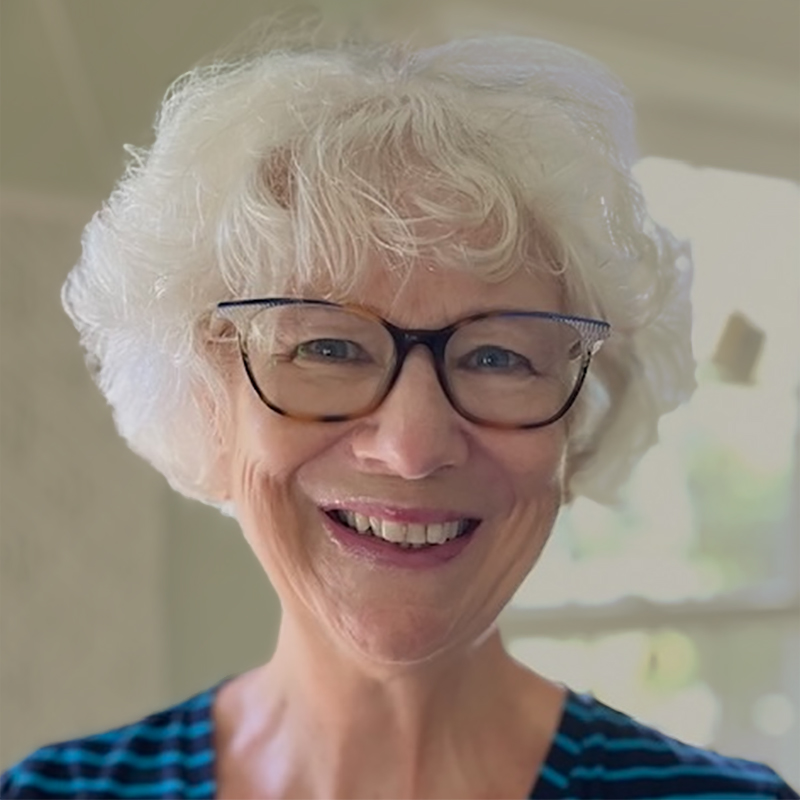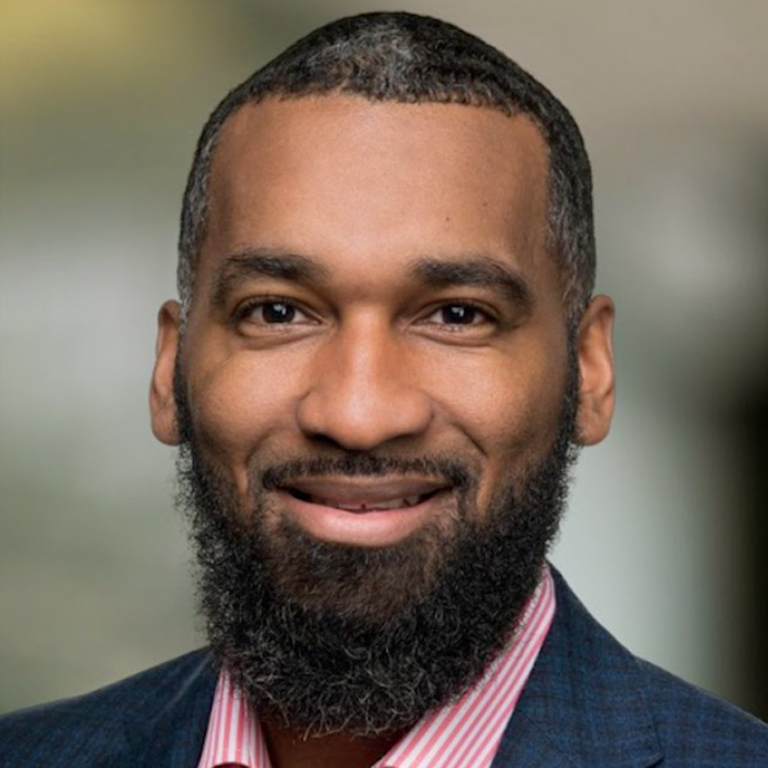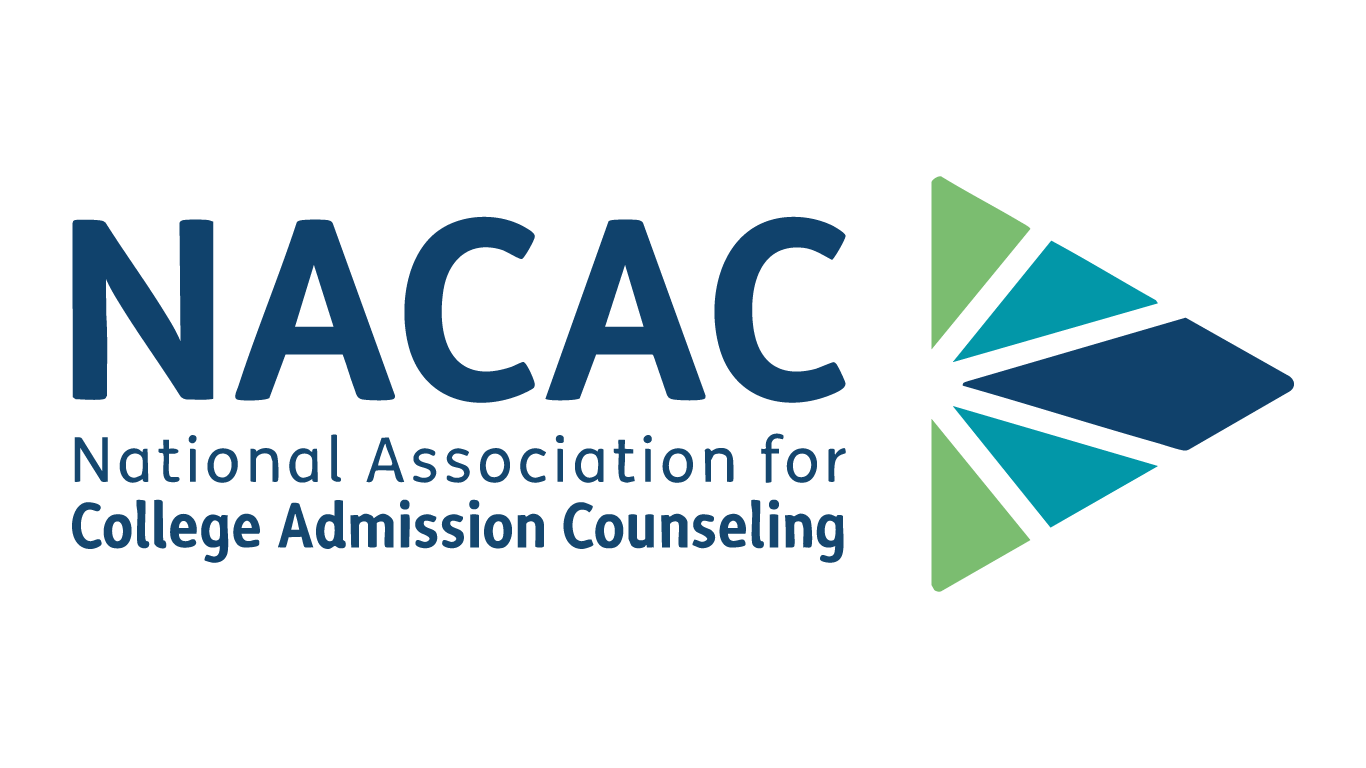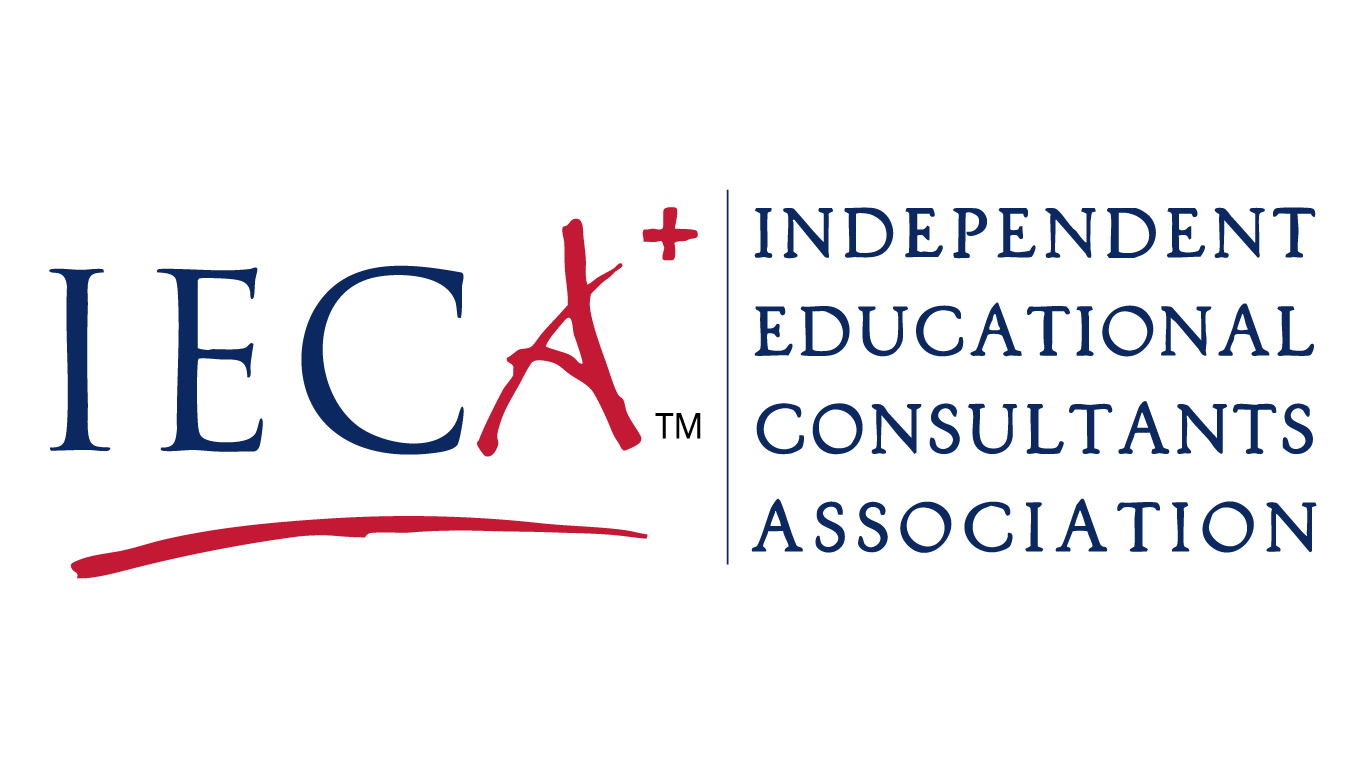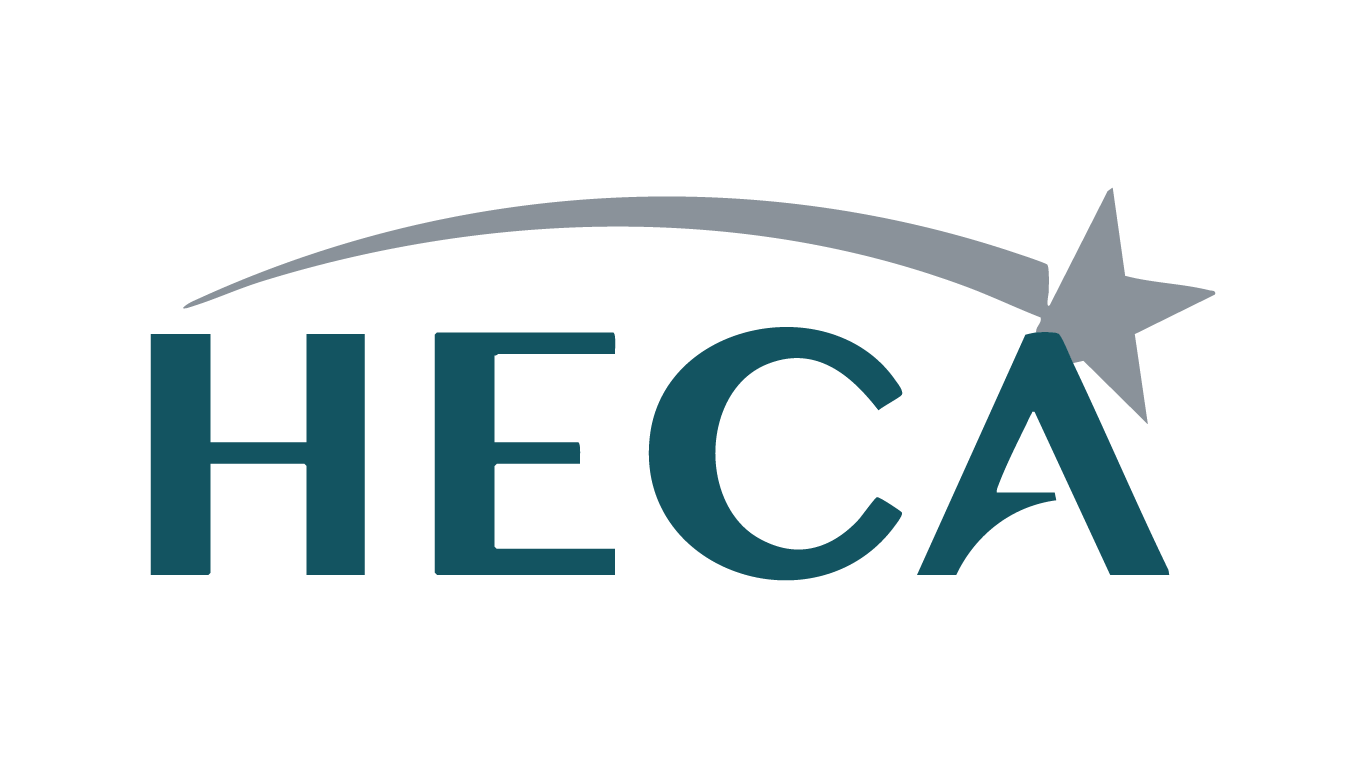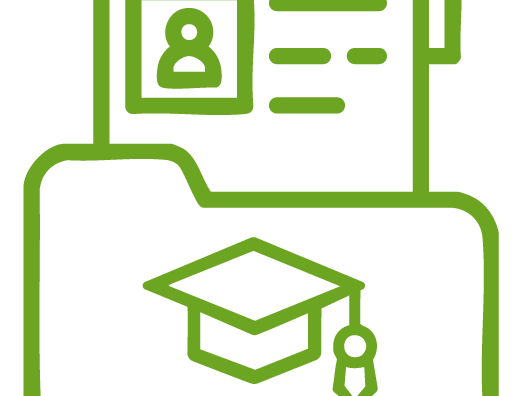
Why College Goals
We help uncover your strengths, align them with schools that suit your goals, and guide you to craft standout applications that highlight your unique fit. Whether you’re aiming for selective colleges, public universities, or specialized programs, we understand the specific criteria and opportunities at each type of institution.
Benefit from expert guidance grounded in years of experience across all aspects of the admissions process. Our team collaborates to stay up-to-date on trends and insights, ensuring you receive the most relevant support.
At College Goals, our mission is to help you find schools that match your abilities, interests, and aspirations—ensuring your next step is the right fit for your future.
Services
Nanotechnology, art history, or entrepreneurship, we'll get you there.
College Admissions
Our counselors help students discover their passions and guide them through every step of the admissions process, from researching schools to writing essays. Whether starting in 9th grade or senior year, students can opt for hourly or comprehensive packages. We provide expert support.
School Admissions
Our counselors guide families through secondary school admissions, helping students explore their options, excel in interviews, and craft strong applications. Choose hourly or comprehensive packages for peace of mind during high school transitions.
Youth Counseling
We help younger students explore summer programs, extracurriculars, and course options that match their interests. This service offers mentorship and coaching, helping students shape their passions and prepare for high school and beyond. Hourly packages are available and renewable for ongoing support.
We are...
Experienced
- Founded in 2003 by a former Associate Dean at Brown University.
- Team members average 15+ years in school counseling or college admissions.
- Secondary school expert brings decades of experience from selective schools.
- Members of top professional college admissions organizations.
Comprehensive
- Supporting U.S. and international university admissions.
- Assisting with U.S. and international secondary school placements.
- Guiding families through the full admissions process.
- With expertise across a variety of school systems and programs.
Supportive
- Students work with one dedicated counselor.
- We share best practices and relevant resources.
- Our approach is patient, supportive, and flexible.
- Experience advising students in diverse fields, the arts, and athletic recruitment.
Our Counselors
College Goals is a team of highly-experienced colleagues with expertise in every facet of the college and secondary school search and application process.
What our families say
Having had an older daughter who already applied to university, I thought I knew quite a bit about applying to universities and was astonished at how much insight you were able to provide.Parent, Switzerland
You set him up to have a successful college application process by making sure he was thoughtful in his approach to picking colleges that fit him, and saw to every detail. The fact that he was accepted is just the culmination of all the hard work you inspired him to complete - thoroughly and thoughtfully. Thank you for being his sounding board, his guide and his inspiration throughout the entire college application process.Parent, USA
Our son took ownership of this process and reacted with maturity, enjoying talking to you and taking your advice.Parent, France
Leading the way
On Being Deferred
Being deferred isn’t a denial—but it is uncertain. Learn why colleges defer applicants…
Waitlist Wisdom
What does it mean to be waitlisted for college? Learn how waitlists work, what they mean…
What does “optional” mean, anyway?
Confused by optional college application items? Learn how to decide which optional…
